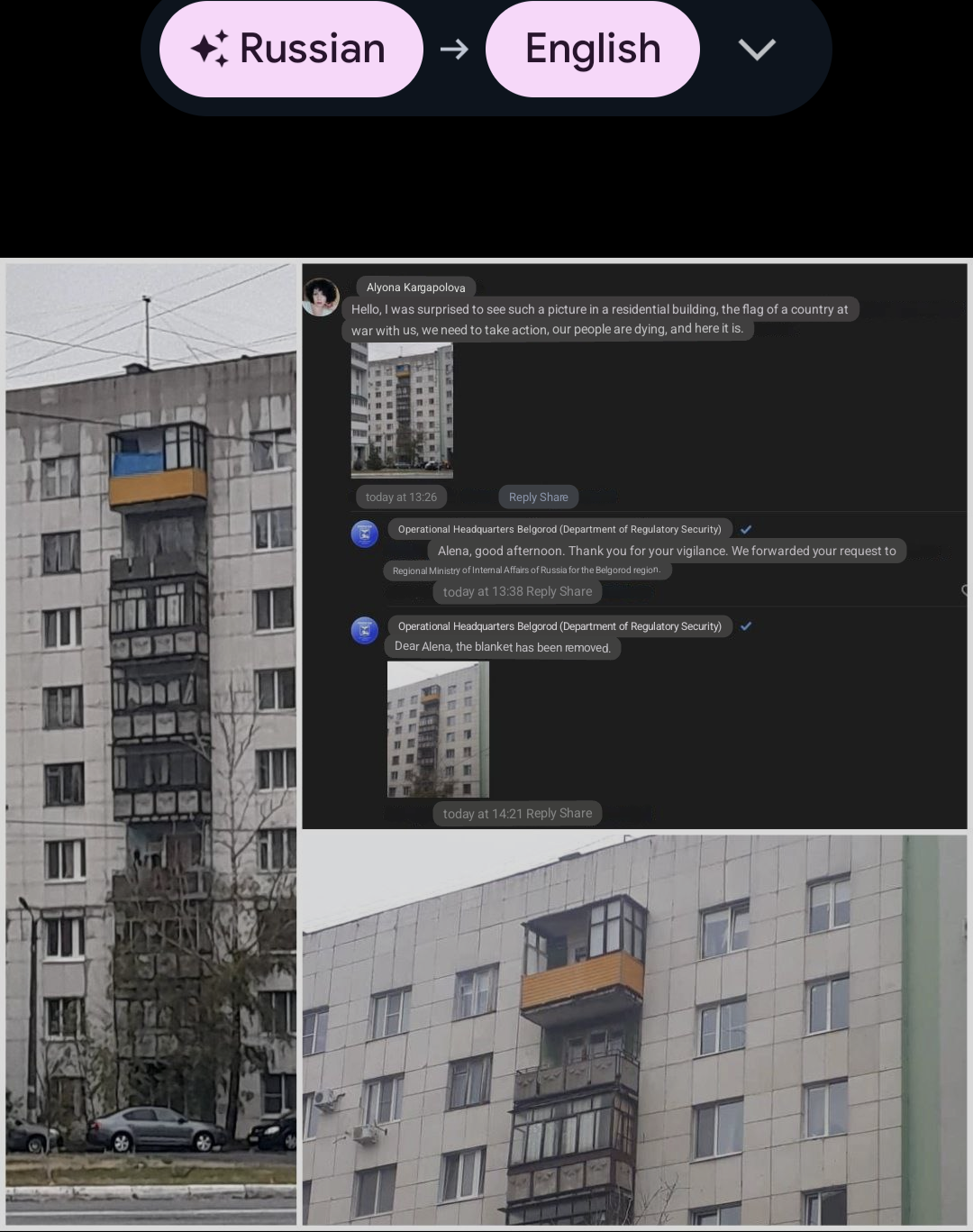Как это было (много архивных фото)
babel.ua4 min
View Original
Первый документ, похожий на паспорт, советская власть ввела в 1919 году. Это были «трудовые книжки», которыми рабочие прикреплялись к определенному предприятию. А еще по ним выдавали карточки на продукты, что было главным в условиях тогдашнего продовольственного кризиса. Но такой документ выдавали лишь в нескольких крупных городах, например, в Москве и Петрограде. В остальных регионах местные власти еще использовали бланки царской России или придумывали собственные справки и свидетельства удостоверения личности.
После окончания Гражданской войны и образования СССР, в 1923 году ввели единое для всей страны «удостоверение личности». В нем были графы: фамилия, имя, отчество; дата рождения; место жительства; профессия; семейное положение; наличие детей; данные о воинской службе. С 1925 года для жителей городов ввели прописку. Фото в такое удостоверение вклеивали по желанию владельца, а главное — получать его было необязательно. Обязательными были только паспорта для выезда за границу.
В конце 20-х годов крестьяне стали массово бежать в города от принудительной коллективизации. Поэтому для контроля миграции в 1932 году в СССР ввели внутренний паспорт, который стал единственным удостоверением личности. В новом документе, кроме тех граф, что были в прежнем «удостоверении личности», теперь указывались национальность, социальное положение, отметки о приеме на работу. Для жителей союзных и автономных республик текст печатался на двух языках: на русском и на языке республики. Вводилась и обязательная прописка паспортов «не позднее чем через 24 часа после прибытия на новое место проживания».
Главной особенностью было то, что паспорта выдавали только жителям городов, рабочих поселений, новостроек, достигшим 16 лет, а также госслужащим и работникам совхозов. На большинство крестьян новая паспортная система не распространялась. Их с 16 лет добровольно-принудительно записывали в колхоз. И они не могли выехать дальше райцентра без справки от колхозного руководства.
За самовольный выезд наказывали денежным штрафом, а за повторное нарушение была уголовная ответственность — до трех лет тюрьмы. Нередко главы колхозов и сельсоветов или сотрудники НКВД за взятку выдавали справку, на основании которой можно было получить паспорт. Особенно это было распространено после Второй мировой войны, когда в села вернулись солдаты с «трофеями из Европы». На эти трофеи они покупали себе паспорта и оседали в городах.
На первом этапе паспорта выдавали в крупных городах. В Украинской ССР это были Киев, Харьков, Сталино (сейчас Донецк) и Днепропетровск (сейчас Днепр). Вокруг них устанавливалась 50-километровая режимная зона, которую «зачищали от кулацких, уголовных и иных социально опасных элементов». Для борьбы с нарушителями паспортного режима в НКВД создали внесудебные «тройки». В 1938 году в паспорта стали вклеивать фото, второй экземпляр которого передавали в органы милиции. Также появился буквенно-цифровой код, в котором зашифровывалось наличие судимости и статья — политическая, хозяйственная или уголовная. Таким образом паспортные столы и адресные бюро стали первыми картотеками для всесоюзного розыска.
После смерти Сталина в 1953 году в СССР провели новую паспортную реформу. Паспорта получили жители приграничных территорий, Балтийских республик, работники железнодорожных узлов. На треть сократили количество режимных территорий. Но для большинства колхозников мало что изменилось. Новый генсек Никита Хрущев затеял реорганизацию сельского хозяйства, в частности освоение целины. Поэтому крестьяне снова остались без паспортов.
Когда в 1964 году к власти пришел Леонид Брежнев, то первые годы он занимался внутренней борьбой в Политбюро. Только после его окончательной победы вопрос о паспортизации крестьян решился поднять уроженец Луганщины, первый зампредседателя Совмина и будущий министр сельского хозяйства Дмитрий Полянский. Его поддержал и глава МВД Николай Щелоков, которому не хватало данных для «более успешного выявления антиобщественных элементов».
Решение откладывали до 28 августа 1974 года, когда Совмин утвердил новое «Положение о паспортах в СССР». Вводились паспорта нового образца: красного цвета, вместо зеленого; сократили количество граф; появились страницы для фото в 25 и 45 лет; смягчили правила прописки.
Но главное — его выдавали в 16 лет всем гражданам, в том числе и жителям сел. Теперь колхозники получили относительную свободу передвижения, но они по-прежнему не могли устроиться на работу в городе без справок от колхозного начальства. Новые паспорта начали выдавать в 1976 году, а к концу 1981-го их получили около 50 миллионов крестьян. С этим паспортами они и встретили развал СССР в 1991 году.
Хотите больше интересных исторических текстов, поддержите нас донатом.
https://bastyon.com/black_roses?ref=PLnYfkF5nRoPAbw9QbiKAvqNnhdtjjiGVs
Беспаспортный система заставляла крестьян наполнять закрома СССР за трудодни | Новости на Gazeta.ua
https://gazeta.ua/ru/articles/history/_bespasportnyj-sistema-zastavlyala-krestyan-napolnyat-zakroma-sssr-za-trudodni/615805?mobile=true
17 марта 1937 года в СССР был принят закон, лишивший крестьян свободы передвижения. Имеется в виду паспортная система, которая не распространялась на крестьян. Паспорта вводились только для жителей городов, рабочих поселений, новостроек и совхозов.
В Большой Советской Энциклопедии 1939 года указано, что паспортная система представляет собой "порядок административного учёта, контроля и регулирования передвижения населения путём введения для последнего паспортов ...". Закон действовал до середины 70-х годов прошлого века.
Начиная с 40-х годов, на протяжении десяти лет советской властью было издано множество нормативных документов, которые развивали и "совершенствовали" институт прописки, все больше ограничивая право граждан на свободу передвижения, свободный выбор места работы и места жительства.
До 1953 года в Советском Союзе режимными были признаны 340 городов, местностей и железнодорожных узлов. Кому выдавать паспорта и прописывать в режимных зонах решали соответствующие органы власти. Так же и кого причислять к неблагонадёжным категориям людей, которые после этого становились бесправными. Крестьяне, как и во времена крепостничества, оказались намертво привязанными к родным очагам. Они должны были наполнять закрома Родины за трудодни или вовсе бесплатно, поскольку другого выбора им попросту не оставили. В колхоз добровольно-принудительно записывали с 16 лет всех, кто жил на его территории.
"В документах о паспортизации не было указано о лишении крестьян выдачи паспортов, а просто, что село не подлежит паспортизации. И крестьянин автоматически становился крепостным, в полном смысле этого слова, прикреплённый к колхозу. Без паспорта нельзя было уехать из села, не то что устроиться на работу. Этим пользовались местные "князьки". Выгоняли колхозников с работы, если кто-то чём-то не угодил. Особенно страдали женщины, которые были объектом притязания бригадиров или специалистов. Не пошла на встречу в интимном плане, увольняли. А если человек был безработным в течении трёх месяцев, его называли тунеядцем, что каралось уголовной ответственностью. В нашем селе Макеевка были осуждёны на исправительные работы около 150 человек. Когда я уже преподавал в школе, ко мне обращались многие, чтобы помог получить паспорт. Потому что тогда, чтобы получить паспорт, нужно было два разрешения - председателя колхоза и сельсовета. Я писал жалобы в газету "Известие". Оттуда присылали шаблонный ответ, ничего мы не можем сделать, потому что села не паспортизированы. Мол, принудить к этому председателя колхоза и сельсовета мы не уполномочены", - рассказал Cazeta.ua 67-летний Валентин Хижняк, историк из села Макеевка Смелянского района Черкасской области.
Каждый колхозник был обязан обзавестись справкой из сельсовета, удостоверяющую его личность, которая действовала не более 30 дней. Выдавали её исключительно с разрешения председателя колхоза, чтобы пожизненно записанный в его ряды крестьянин не вздумал оставить коллективное хозяйство по собственному желанию. Из села можно было убежать только в случае, если поступить на учёбу или пойти в армию. После сельские ребята массово шли на заводы, строительство, в милицию, оставались на сверхсрочную службу, только бы не возвращаться в колхоз. Можно было завербоваться на комсомольскую стройку, лесозаготовки, разработку торфа, строительство в отдалённых северных районах. Паспорт завербованному выдавался только на срок действия договора, максимум на год. После чего бывший колхозник всеми правдами и неправдами пытался продлить соглашение, чтобы перейти в штат постоянных работников.
"Я помню, когда уже изменилась ситуация с паспортами, был свидетелем одной ситуации. Председатель колхоза за что-то ругал шофёра. Угрожал работнику, что отнимет у него машину. А шофёр вытащил из кармана ключи и швырнул ему в лицо, если так, то и возьми. А пожилые люди сидят и говорят: "О, в то бы время этот Евдоким Минович так ключи не бросил. Даже если бы председатель сам сказал положить ключи на стол, то Евдоким Минович упал перед ним на колени и просил бы прощения ", - вспомнил Валентин Михайлович.
Паспорта сельским жителям СССР решили выдавать только в 1974 году. Новое Положение о паспортной системе гарантировало получение паспорта всеми гражданами, достигшими 16 лет. Правда, крестьян запрещалось принимать в городах на работу. Процесс полной паспортизации начался в 1976 году, а завершился лишь в 1981 году. За этот период сельскому населению было выдано 50 миллионов паспортов.



https://matrix.to/#/!sXgHSctyNiDduGJcMi:matrix.org/$Wrs4d2IuzFDfX8a9rgZiyeLRA3EjdTuUagjByoYddTI?via=matrix.org